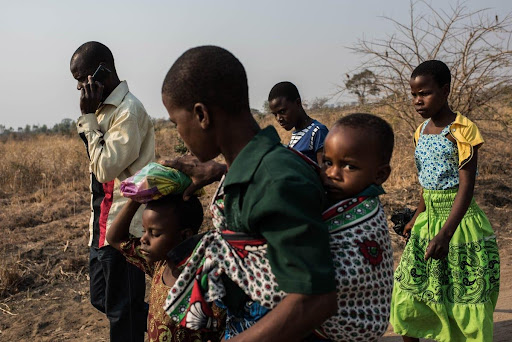The long-term hazard of climate change in the Southern African region is causing food security and nutrition to cripple the people. This has raised a disturbance in the pillars of food which encompasses food security such as its availability to the people, utilization for nutritional value, and stability for the environmental food chain.
Climate change has increased the threat in the Southern region that is distinguished by low adaptive capacity. The myriad of impacts generated from such disturbances causes changes in temperature and the downfall patterns. This may include an increased water failure at some places while excessive downpour at others besides pest infestations, increased intensity of floods and famines. This climate change adversely affected the regions in Southern Africa, causing them to endure normal downfall in only two of the last nine cropping seasons.
It further complicates the existing vulnerabilities similar to hunger, poverty, poor health and averts progress toward sustainable development. It is believed that without adaptation, by the year 2050, almost 30% of the South African region will be exposed to climate hazards that will be highly detrimental to humans and the environment.
Changes in rainfall patterns are adversely affecting crop production, with dangerous effects on the food and nutrition security of the continent. Over the last few years, food production in the region has also witnessed a downfall, with the recorded cereal deficiency varying between 0.1 and 8.9 million metric tonnes. The commerce between food systems and the climate has become more complex and bidirectional.
Climate change threatens to break down food systems by adding the inflexibility of natural hazards, with a disproportionate impact on the vulnerable. Southern Africa epitomizes the link between climate, water – energy – food nexus, as multiple challenges collide across a veritably different socio-economic spread of countries.
At the same time, the increased greenhouse gas emissions pertaining to the shift in food systems are a major contributor to climate change. With the exponential increase in crop failures owing to the consistent drought and flood, more local people, especially the subsistence farmers migrate to cities and towns, leaving their farming behind in search of alternative income-generating opportunities.




